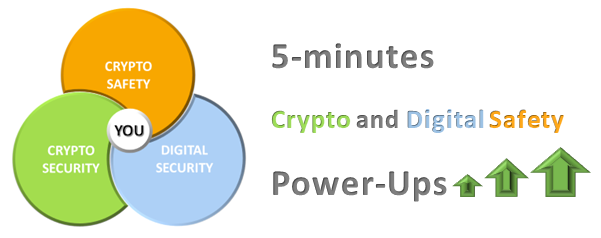Not many years ago, the consequence of losing the wallet's private keys was 'limited' to losing ownership of your cryptocurrencies.
But nowadays, the private keys are also used for accessing Web 2.5 and Web3 applications and features, so permanently losing access to a wallet account (and therefore the private key) means losing access not only to your cryptocurrencies but also to your digital assets (e.g., NFTs) or your digital accounts.
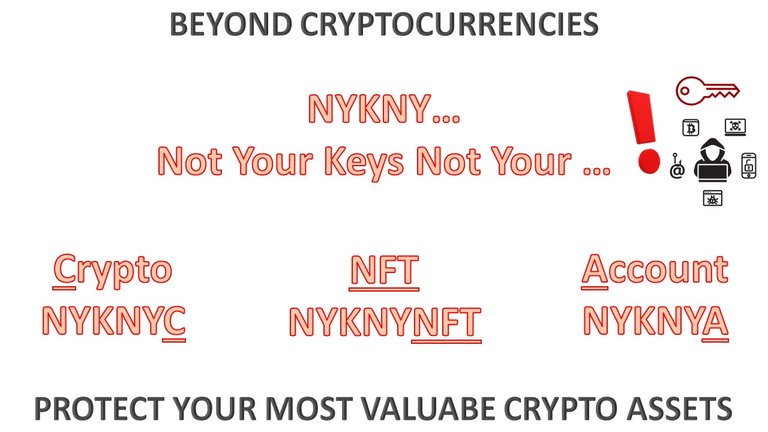
Not Your Keys Not Your Crypto (NYKNYC)
The term Not Your Keys Not Your Crypto (NYCNYC) was popularized by Andreas Antonopoulos and for many years has stood as a testimony of the importance of the crypto wallet's private keys.
While the crypto wallet seed phrase is extremely important, it is the private keys that give ownership over the crypto assets.
👉 No private keys = No ownership
👉👉 Give away your seed phrase = share your private key(s) ownership
👉👉👉 Share your private key(s) ownership = hackers and scammers will take possession of 'your' crypto assets (coins, NFTs, ...)
Not Your Keys Not Your NFT (NYKNYNFT)
For many people, Non-Fungibe Tokens (NFTs) are just images that can be copy pasted.
But for those with some more experience in the crypto space, NFTs are the keys to yield and rewards.
And, once again, without the private keys we lose access to our NFTs, which can be very valuable assets.
👉 If we lose access to our wallet account, we can recover it WITH the seed phrase OR private key = Our NFTs are safe
👉 👉 If we lose access to our wallet account, we can NOT recover it without the seed phrase OR private key = Our NFTs are lost, forever
👉 👉 👉 If we 'share', with hackers or scammers, our wallet seed phrase OR wallet account private key = Our NFTs will be stolen (and most probably sold in a secondary marketplace)
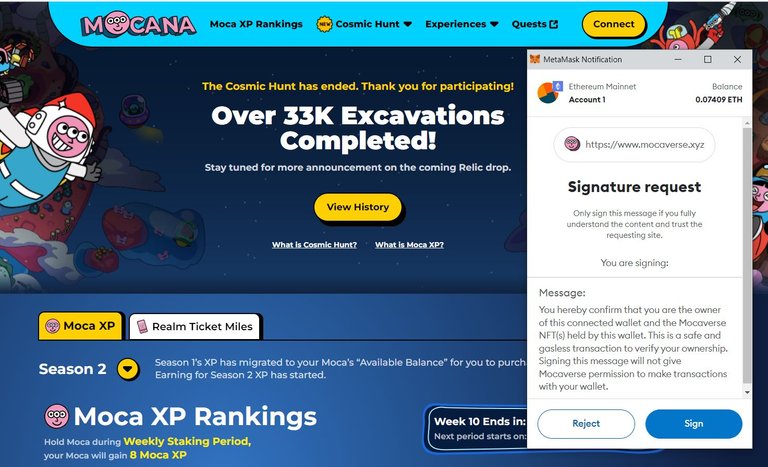
Not Your Keys Not Your Account (NYKNYA)
Beyond cryptocurrencies and NFTs, our private keys also provide access to our Web 2.5 or Web 3 accounts.
If someone does just consume content, losing access to an account may not be a tragedy. A new wallet* can be created to interact with any application that requires login through a crypto wallet*.
But for content creators, losing access to a wallet account* used to log in to a Web 2.5 or Web 3 application can have major consequences. Creating a new wallet* will not give back access to all content created under the signature of the lost wallet account*.
*When you see the word 'wallet' or 'wallet account', start associating it with 'private key'. It is not the wallet that proves ownership but the private key stored within the wallet.
👉 Access Protocol - Confirm Transaction
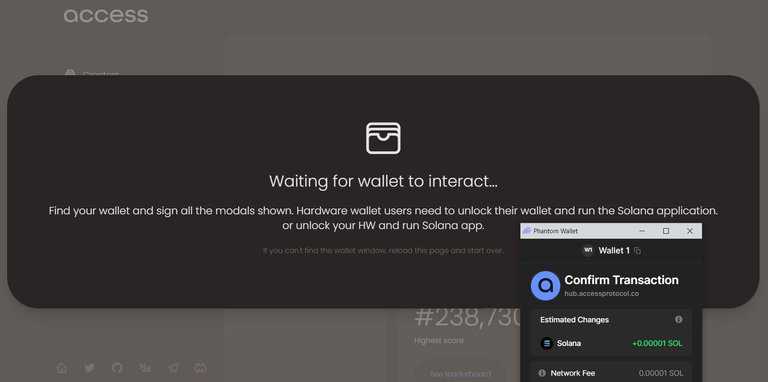
👉 Bulb app - Sign message
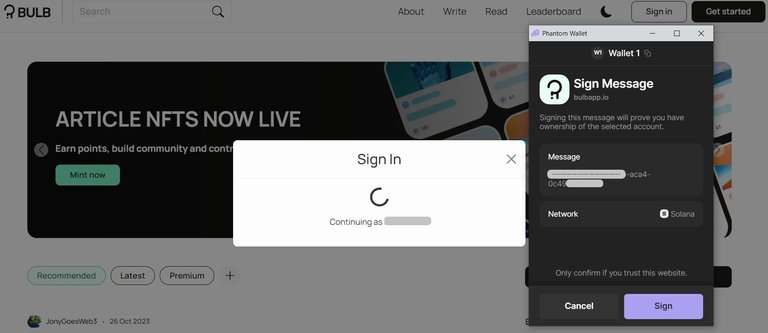
Protect Your Private Keys From Hacks, Scams and Accidents
The deeper you go through the crypto rabbit hole, the more knowledge you will require to keep your crypto assets safe:
👉 Hackers will use malicious applications, browser extensions, malware, and specialized devices,... to break into your electronic devices and get access to your private keys. They have strong technical skills that can be used to get access to your digital devices and assets.
👉 Scammers will use phishing, vishing, whaling, and malicious links,... to trick you into giving them access to your crypto wallet. They do not have, and do not need, the technical skills of hackers. They use soft skills, like social engineering, instead.
👉 Beyond hackers and scammers, unexpected accidents may take you by surprise and destroy or make you unusable your crypto wallets. Still, the good news is the consequences of those accidents can be prevented by following good practices, like safely storing seed phrases in a secure location.
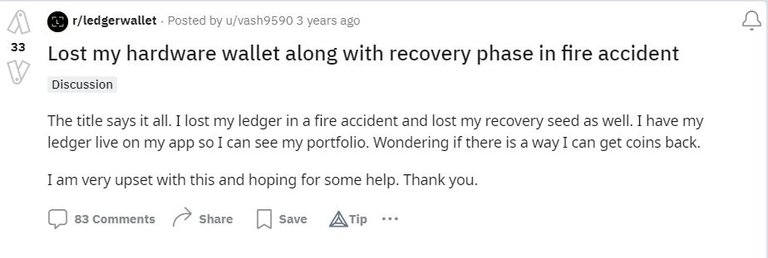
We hope this 5 minutes read was worth the time and that you have learned some valuable information.
If you are interested and want to learn more about private keys, this other article may be of your interest:
For more short but important articles about Crypto Safety topics, please consider subscribing to our blog.
